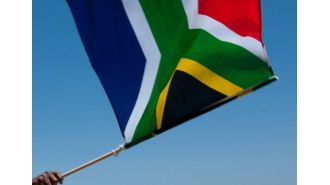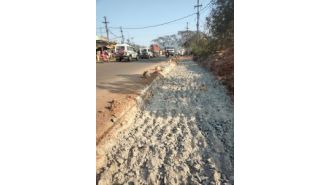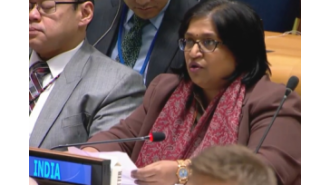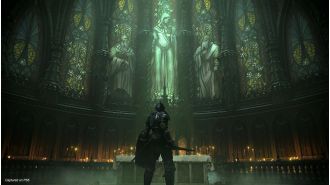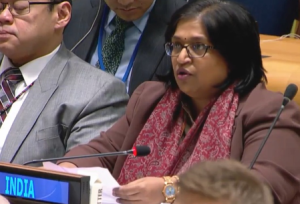Assad's downfall further weakens Hezbollah, already in a weakened state.
Experts predict that the weakening of Hezbollah will greatly impact Lebanon, where it has been a significant political force, and also affect Iran's use of the group as a proxy in the Middle East.

Beirut - After 14 months of war with Israel, Hezbollah, a militant group based in Lebanon, was already weakened. With the fall of Syrian President Bashar Assad, a longtime ally, their strength has diminished even further. The group, which had close ties with Iran, is now facing a major challenge as their vital weapons-smuggling route through Syria has been cut off.
Despite this setback, Hezbollah officials remain defiant. During a speech at a funeral for militants killed by Israel, Lebanese lawmaker Hassan Fadlallah, who represents Hezbollah's political wing, acknowledged the major changes happening in Syria and the need for evaluation, but reassured that it will not weaken them.
The diminished power of Hezbollah will have significant consequences for the region. For decades, the group has played a major political role in Lebanon and has been relied upon by Iran as one of their proxy forces in the Middle East. It also poses a new reality for Israel, as their long-time nemesis on the northern border is now at its most vulnerable point in decades.
The rise and fall of Hezbollah's power has been heavily influenced by their ties with Syria. The Assad dynasty, who ruled Syria for 50 years, played a crucial role in empowering Hezbollah. They provided a conduit for Iranian weapons and served as a training ground for fighters and a place to manufacture weapons. As Hezbollah grew stronger, they became a reliable ally for Assad, sending thousands of fighters to support his forces when the civil war broke out in 2011.
As the insurgency swept across Syria and took control of the city of Homs, which is near a Syrian border town where Hezbollah had a presence, many expected the militants to put up a fierce fight. However, the group was in disarray. Their top officials, including longtime leader Hassan Nasrallah, were killed in Israeli airstrikes, and their military infrastructure was destroyed by months of bombardment. With their key allies, Russia and Iran, on the sidelines, Hezbollah was forced to withdraw, and Assad was quickly ousted.
The fall of the Assad regime marks the end of Iran's influence in Syria and Lebanon, according to Lt. Col. Fares al-Bayoush, a Syrian army defector. In Lebanon, Hezbollah's weakened state has given the Lebanese army the opportunity to reassert control, especially along the border with Israel. There are growing calls within Lebanon for Hezbollah to disarm, as stated in a U.S.-brokered ceasefire between the group and Israel.
However, the group's influence in the political arena in Lebanon also faces a major challenge. Many Lebanese are angry with Hezbollah, accusing them of violating their promise to use their weapons only for defense. This was evident when they began firing rockets into Israel in 2013, the day after another Iranian-backed group, Hamas, attacked Israel. The war resulted in the deaths of nearly 4,000 Lebanese citizens and left over 1 million displaced, causing significant damage to the country's economy.
Firas Maksad of the Middle East Institute believes that Hezbollah is facing an entirely new reality in Lebanon after the fall of the Assad regime. Even former allies in parliament have begun distancing themselves from the group. Gebran Bassil, a lawmaker representing the Free Patriotic Movement, another major Christian party, believes that Hezbollah should focus on internal affairs and not the wider region.
The loss of a weapons pipeline from Iran has significantly weakened Hezbollah's ability to project power in the region. They may still be able to smuggle some weapons and receive supplies through air channels, but it will not be on the same scale as before, according to Syria expert Aron Lund.
For Israel, breaking Iran's regional network has been a major goal, although they are wary of Islamic militants among the insurgents who toppled Assad. In response to the fall of the regime, Israel has moved troops into a demilitarized buffer zone with Syria near the Golan Heights, calling it a temporary security measure. Prime Minister Benjamin Netanyahu sees Assad's fall as a direct result of their forceful actions against Hezbollah and Iran, who were his main supporters.
1 Views


